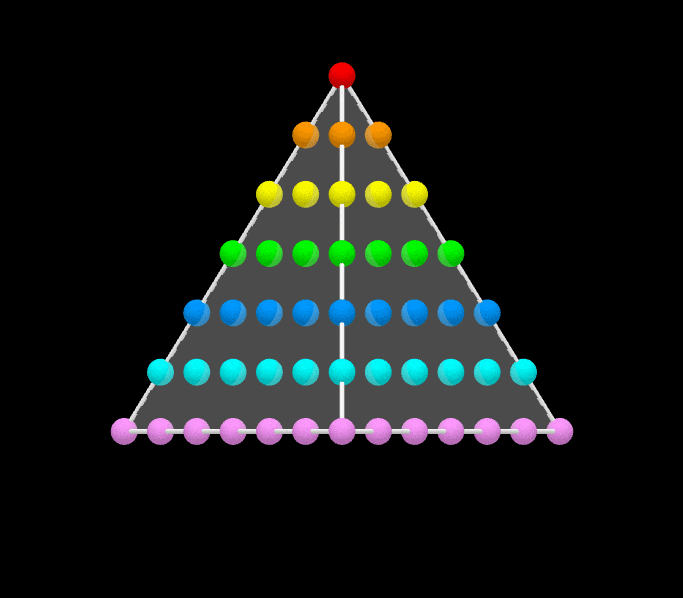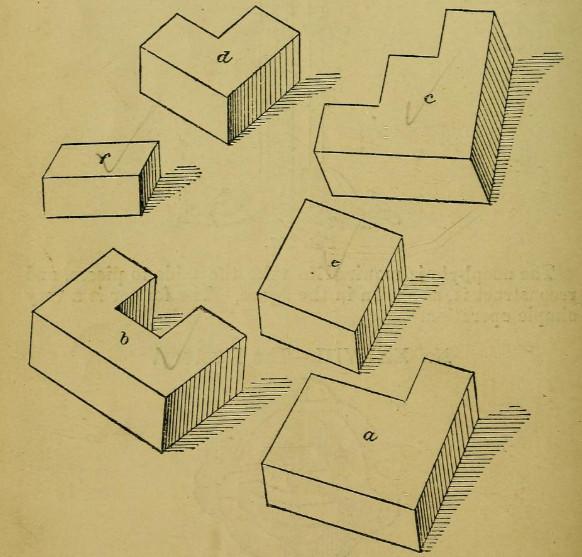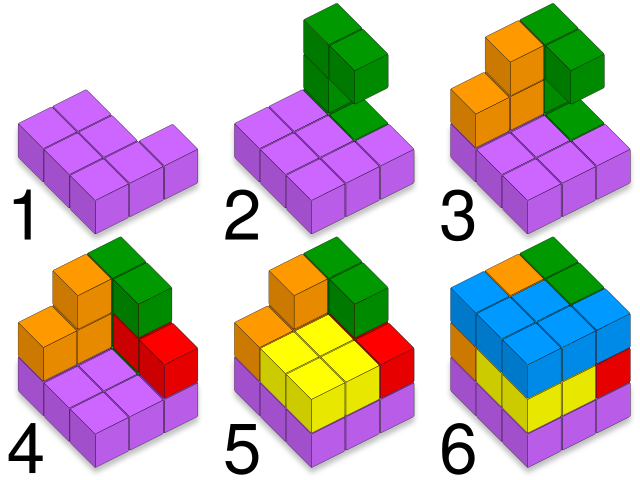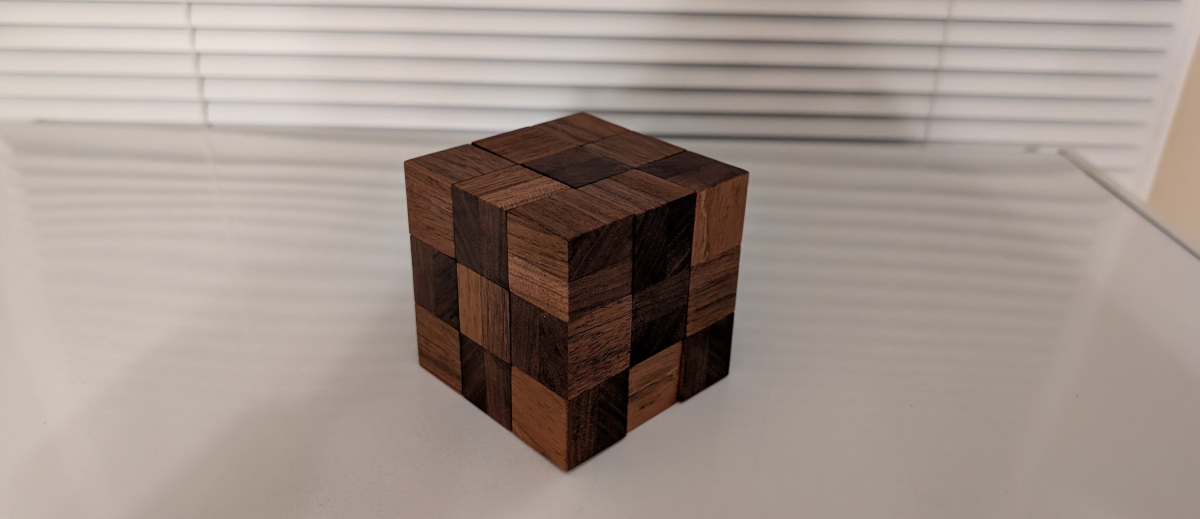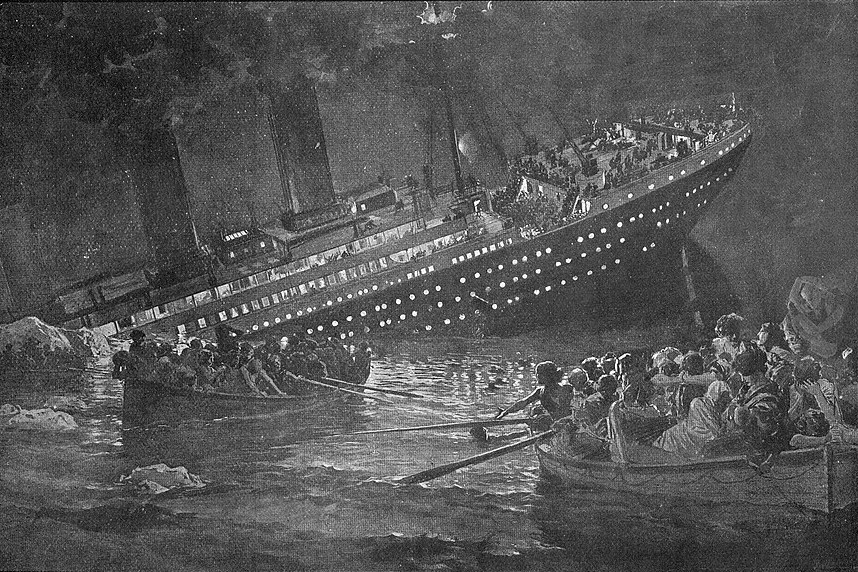The 1937 phrasebook Collins’ Pocket Interpreters: France paints an alarming picture of a typical visit to France:
I cannot open my case.
I have lost my keys.
I did not know that I had to pay.
I cannot find my porter.
Excuse me, sir, that seat is mine.
I cannot find my ticket!
I have left my gloves (my purse) in the dining car.
I feel sick.
The noise is terrible.
Did you not get my letter?
I cannot sleep at night, there is so much noise.
There are no towels here.
The sheets on this bed are damp.
I have seen a mouse in the room.
These shoes are not mine.
The radiator doesn’t work.
This is not clean, bring me another.
I can’t eat this. Take it away!
The water is too hot, you are scalding me!
It doesn’t work.
This doesn’t smell very nice.
There is a mistake in the bill.
I am lost.
Someone robbed me.
I shall call a policeman.
That man is following me everywhere.
There has been an accident!
She has been run over.
He is losing blood.
He has lost consciousness.
James Thurber, who came upon the book in a London bookshop, described it as a “melancholy narrative poem” and “a dramatic tragedy of an overwhelming and original kind.” “I have come across a number of these helps-for-travelers,” he wrote, “but none has the heavy impact, the dark, cumulative power of Collins’. … The volume contains three times as many expressions to use when one is in trouble as when everything is going all right.”
I can’t find the 1937 edition that Thurber describes, but this seems to be a 1962 update.

